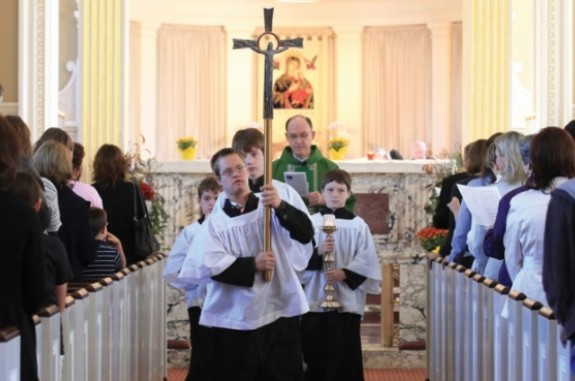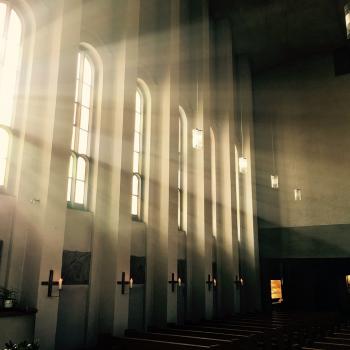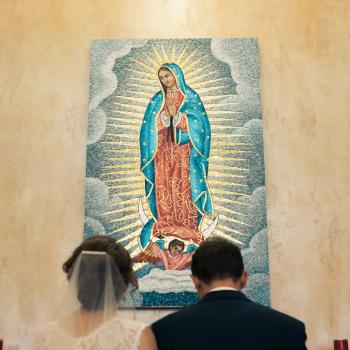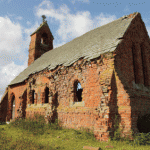Photo: Karen Callaway
Here’s an aspect of parish life that doesn’t get much attention.
Like many other lifelong Catholics, Danny Benavidez, a member of St. Rose of Lima Parish in Chula Vista, California, helps out at his parish in a number of ways. On Thursdays he serves as a eucharistic minister. Every other Sunday he delivers communion to the homebound. Once a month he listens to the “talking, talking, talking” at his Knights of Columbus meeting. And once a week—usually Tuesday—he stops into a neighboring parish to visit an old friend, who is now a deacon.
Benavidez, who has Down syndrome, is a third-degree Knight. He was an altar server for 20 years. Since 1981 he has been involved in his parish’s Faith and Light community for people with developmental disabilities and their family members and friends. Passionate about his faith, he joyfully greets his pastor at Mass every week.
“Everybody knows him,” says Edith Benavidez, Danny’s mother. “He’s the type who will go up and talk to anybody.”
Benavidez is one of a reported 2.5 million people with a developmental disability in the United States today, as estimated by the Centers for Disease Control (CDC). At 59, he has difficulties with communication and cannot live independently. He lives with his parents, works part-time as a McDonald’s custodian, bowls in three separate leagues, and loves to spend time with his Catholic community.
“It makes me feel better,” he says. “I like doing things at church.”
According to the CDC, the number of children born with developmental disabilities has increased 17.1 percent since 1997. Included in those numbers is a rapid increase in the number of children diagnosed with autism, which has jumped 289.5 percent.
As more knowledge comes to light about these disabilities and their symptoms, parishes around the United States are learning how best to accommodate Catholics like Danny. For some parishes, this means specially adapted Masses or religious education classes. For others, it’s working with parishioners to change attitudes to create a more welcoming atmosphere.
For all, it’s part of an ongoing journey toward a more universal church—one that is accepting of not only other ethnicities and cultures, but other abilities as well.












